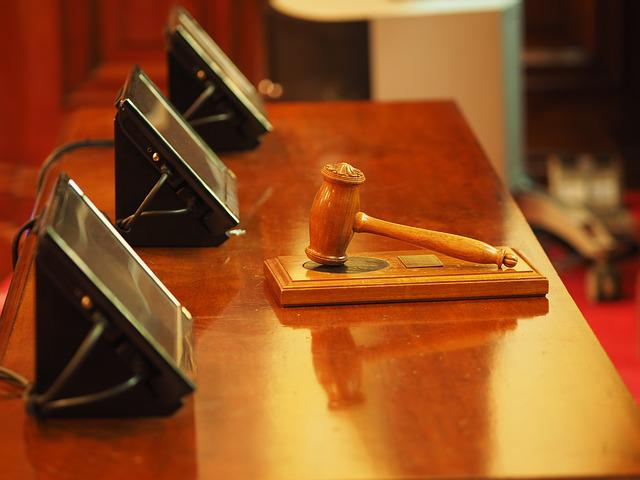
If you’re convicted of a felony, it will stay on your record forever. That means it will be visible to anyone who does a background check on you, and it could make it difficult for you to get a job or rent an apartment.
However, there are some situations where a lawyer may be able to help you get the felony removed from your record. For example, if the conviction was based on false evidence or if you were wrongly convicted, a lawyer may be able to help you get the conviction overturned.
If you have a felony on your record, it’s important to talk to a lawyer to see if there’s anything that can be done to help improve your situation. Having a felony on your record doesn’t have to be the end of the world, but it’s important to understand your rights and options.
What Are Some Options to Get Rid of a Felony on Your Record?
Some options to get rid of a felony on your record include:
-Working with a lawyer to have the conviction overturned
-Petitioning for a pardon from the governor or president
-Applying for a record expungement
Each option has different requirements and may not be available in every case. It’s important to talk to a lawyer to find out what options are available to you and to understand the requirements for each option.
Felonies can stay on your record forever, but there may be some things that can be done to help improve your situation. Talk to a lawyer today to learn more.

What are Some Crimes that can be Considered a Felony?
Some crimes that can be considered a felony include:
-Murder
-Rape
-Burglary
-Arson
-Robbery
Felonies are typically more serious crimes that are punishable by more than one year in prison. If you’ve been convicted of a felony, it’s important to talk to a lawyer to see what options are available to you.
What are the negatives of having a felony on your record?
A felony on your record can make it difficult to find a job or rent an apartment. Many employers and landlords perform background checks, and a felony conviction will show up on those checks.
That means that you could be passed over for a job or denied an apartment because of your criminal record. Felonies can also make it difficult to get a loan or to vote. If you have a felony on your record, it’s important to understand the limitations that come with that conviction.
A felony on your record can also make it difficult to travel to certain countries. For example, Canada will not let you enter the country if you have been convicted of a serious crime.
If you have a felony on your record, it’s important to check the travel requirements of any country you plan to visit before booking a trip. Having a felony on your record is a serious matter that can have lasting consequences.

Contact SB Legal today.
Felonies are serious crimes that can have lasting consequences. If you’ve been convicted of a felony, it’s important to talk to a lawyer to see what options are available to you and to understand the full extent of the consequences.
SB Legal can help. We have experience dealing with felonies and can help you understand your rights and options.

